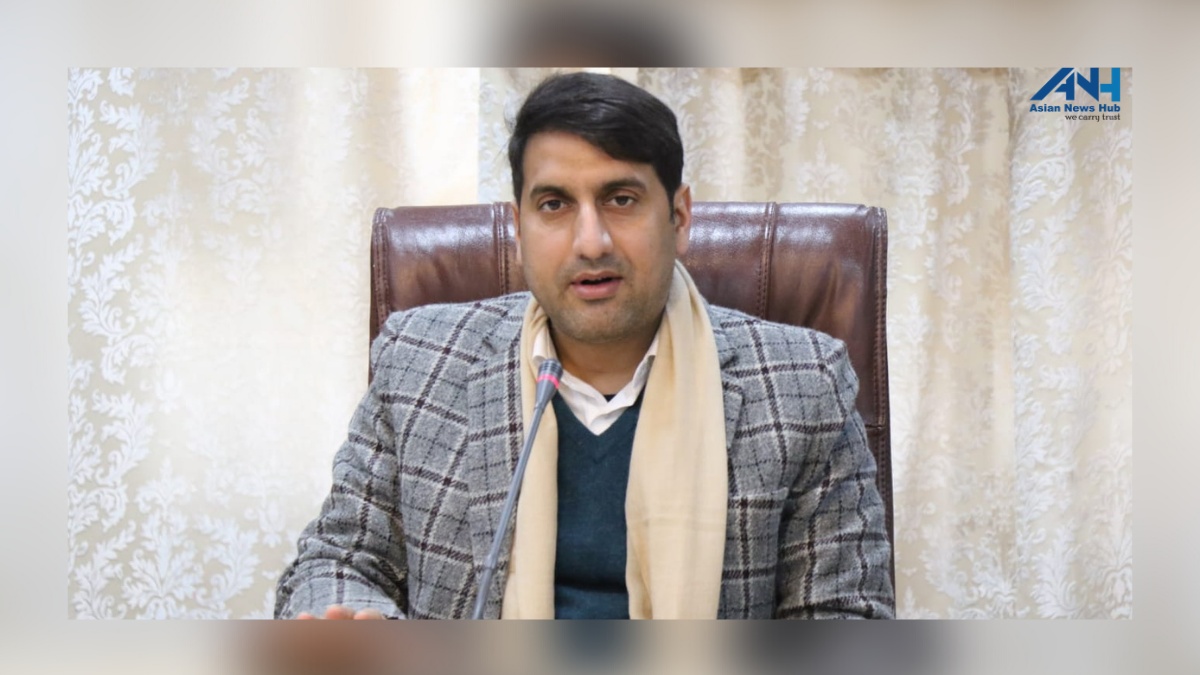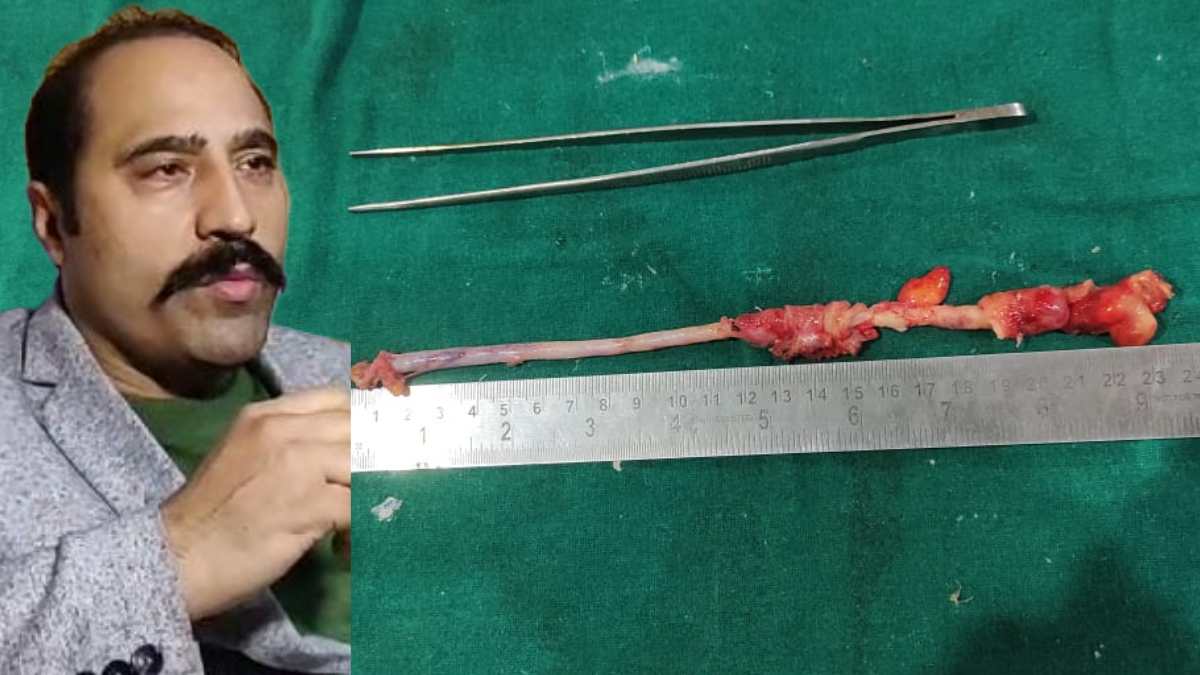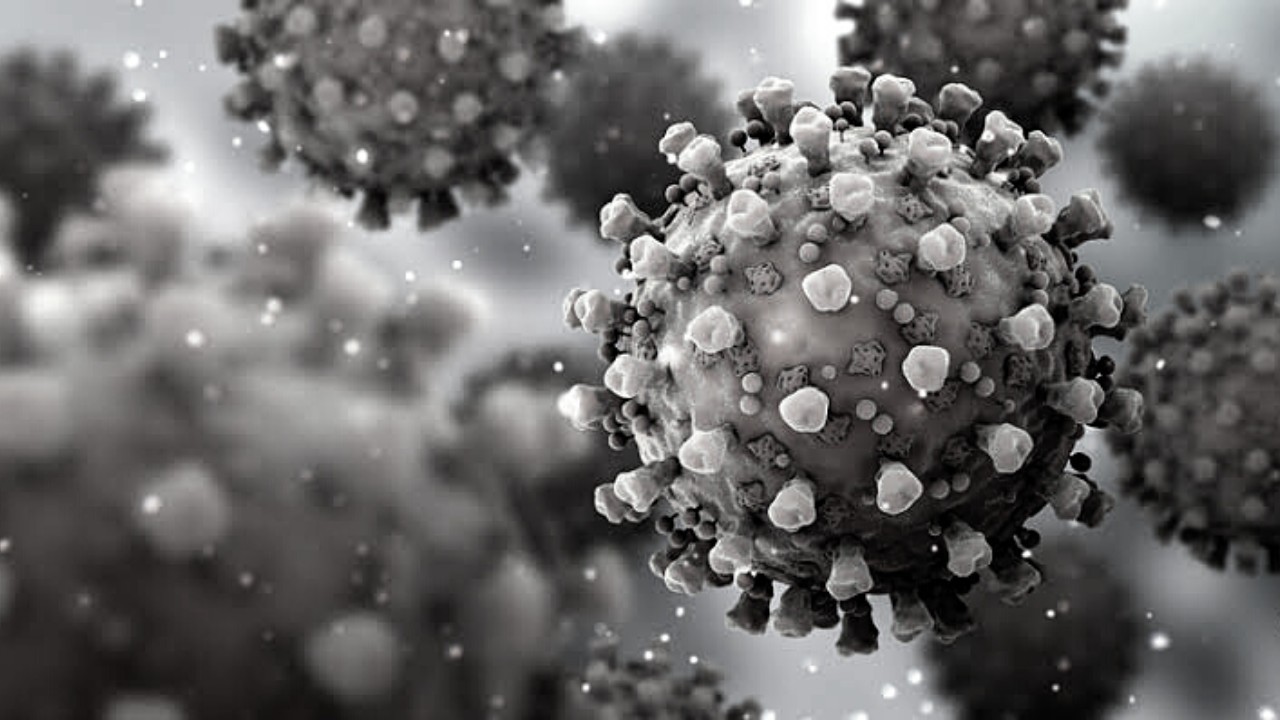Attributing Pollens of Russian poplar trees for allergies is a misinterpretation of Science: Health experts
Srinagar, May 17 (ANH): In wake of public concern regarding spread of pollen of Russian poplar trees, the Deputy Commissioner (DC), Srinagar, Mohammad Aijaz Asad Tuesday chaired a meeting here in the Meeting Hall of DC Office to chalk out the strategy and mitigation measures to overcome the pollen-related problems in the city.
Also Read: J&K records 77% deficient rainfall since March
Besides, Senior Health Experts of Valley including Dr Naveed Nazir, Dr Taha from SKIMS, Community Health Expert Dr Salim, Assistant Commissioner Revenue, Assistant Commissioner Development, Sub Divisional Magistrate West, Assistant Commissioner Panchayats, all City Tehsildars, District Panchayat Officer, All Block Development Officers, DFO Urban, DFO Social Forestry and other concerned were present in the meeting.
The meeting focused on all aspects relating to the Russian Poplar trees in the Srinagar District. While deliberating upon the issue, the Deputy Commissioner sought suggestions and opinions from the Health Experts and other Officers present in the meeting.
The Health experts unanimously refuted the popular misconception to blame poplar trees for allergy like throat infection, cough, itchy eyes and runny noses. They said that the actual fluffy particles seen in the air are actually massive particles and they don’t cause allergies of such concern. However, it could be a carrier of some of the other pollen and fungal infections that cause allergic reactions.
They said It is very important to make people aware that cotton seeds of female poplars do not induce any allergic conditions in humans.
They further said that there is no authentic research from any expert from the field of forestry or any medical report that has so far revealed that cotton from female poplars or pollens from male Poplars directly cause any allergy or health issue. The problem of flying cotton fluffs can be tackled through systematic research and adopting short and long term measures. One of the steps could be pruning well ahead of pollination and adapting plantation of hybrid new age poplars free of cotton fluffs.
The meeting was further informed that it is very important to make people aware that cotton seeds of female poplars do not induce any allergic conditions in humans. However, it could be a carrier of some of the pollen and fungal infections that cause allergic reactions. People may be already suffering from allergies due to invisible pollens. An awareness campaign and set of precautionary measures can be given especially by the Health and Forest Departments.
After hearing the opinions and suggestions of health experts, the Deputy Commissioner stressed on making people aware about the public misconception about the cotton seeds of female poplars causing allergic conditions in humans.
Pertinent to mention that on the directions of High Court, J&K Government constituted a Committee Ref: OWP No.834/2015 & Government order No. 167 RD and PR of 2014 Dated 24-06-2015
Regarding respiratory allergies due to Russian poplar, the Committee comprising of Dr S A Zargar, Director SKIMS, Srinagar, Dr Rafiq Ahmad Pampori , Principal GMC, Srinagar, Dr Sameer Mattoo, Director Health services, Kashmir, Dr Rafi Jan, Professor Pulmonary Medicine, SKIMS, Dr Ghulam Hassan, Physician /Allergist, GMC, Srinagar, Dr Naveed Nazir Shah, HOD Chest Medicine, GMC, Srinagar, Dr Farooq Jan, Medical Superintendant , SKIMS and Dr Roohi Rasool , Allergist/Immunologist, SKIMS to assess the Impact of pollen of Russian poplar on the health of General masses.
The Committee submitted its findings and recommends that keeping the multi factorial origin of allergies in view, the problem of flying cotton can be tackled thru systemic research, monitoring and adopting several measures.
The Committee also underscored the importance of Poplar trees in terms of environmental cleaning and economical value cannot be underestimated. It also stressed that there is need for awareness and educating people for growing Poplars in balanced ratio of male and female varieties so that in future we may not experience profuse pollen/cotton in air beyond its carrying capacity. Above all there is urgent need to develop better clones in future that will take care of every aspect related to poplar plantation including cotton dehiscence. By destroying these greenery contributing trees Kashmir will take shape of desert and there is threat of environmental hazards.















